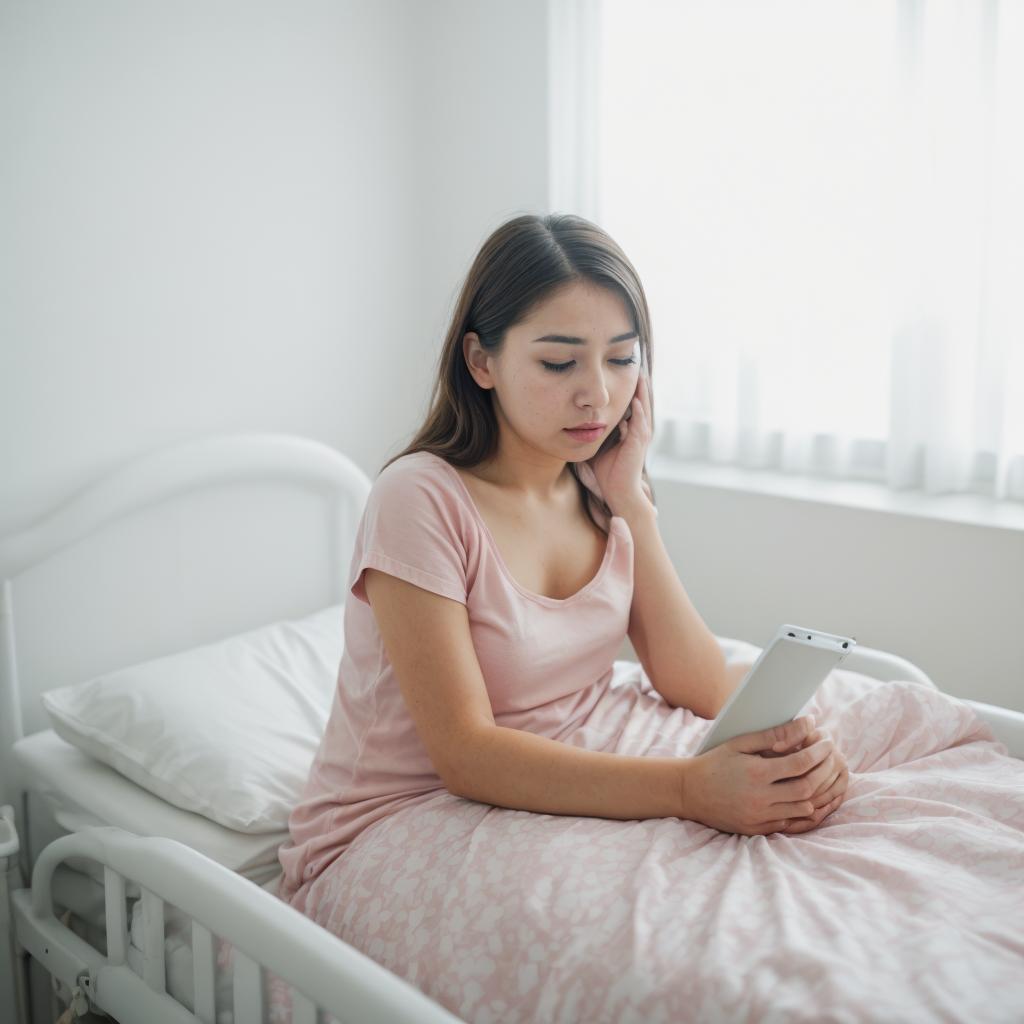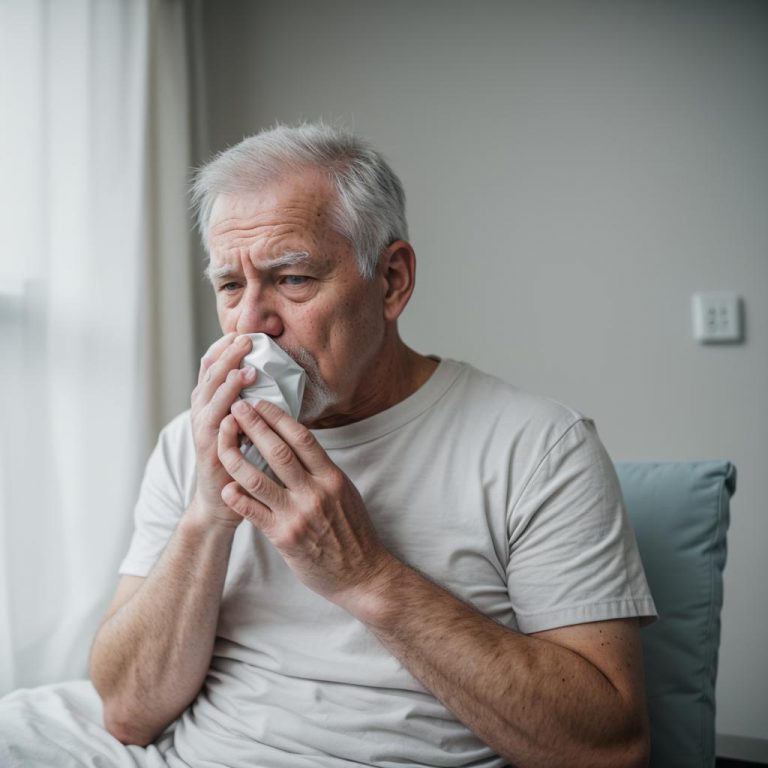
As the seasons change, many residents of Chicago find themselves battling the effects of seasonal allergies.
The windy city’s diverse flora and varying climate create an environment where allergens thrive, leading to discomfort and inconvenience for allergy sufferers. Understanding the allergy count in Chicago and learning how to manage seasonal allergies effectively is crucial for maintaining a good quality of life.

What is allergy count?
The allergy count, also known as the pollen count, measures the concentration of allergens in the air. In Chicago, common allergens include pollen from trees, grasses, and weeds, as well as mold spores. The count is typically reported daily by local health departments or environmental agencies and is measured in grains per cubic meter of air.
Factors influencing allergy count in chicago
Several factors contribute to the fluctuation of allergy counts in Chicago:
Seasonal Changes: Different seasons bring different allergens. Spring and summer typically see higher pollen counts due to the blooming of trees and grasses, while fall may bring an increase in weed pollen.
Weather Conditions: Windy days can exacerbate allergies by dispersing pollen and mold spores over a wide area. Rain can temporarily lower pollen counts by washing allergens out of the air, but high humidity levels can promote mold growth.
Urban Environment: Urban areas like Chicago can have higher pollen counts due to the presence of pollution, which can interact with allergens and exacerbate symptoms.
Managing seasonal allergies in chicago
While it may be impossible to completely avoid allergens, there are several strategies that allergy sufferers in Chicago can employ to manage their symptoms:
Monitor Allergy Forecasts: Stay informed about daily pollen counts and adjust outdoor activities accordingly. Planning outdoor activities for days with lower pollen counts can help reduce exposure.
Keep Windows Closed: On days with high pollen counts, keep windows and doors closed to prevent allergens from entering your home. Consider using air purifiers with HEPA filters to improve indoor air quality.
Practice Good Hygiene: Shower and change clothes after spending time outdoors to remove pollen from your body and clothing. Wash bedding regularly in hot water to eliminate allergens.
Use Medications: Over-the-counter antihistamines, decongestants, and nasal sprays can provide temporary relief from allergy symptoms. Consult with a healthcare professional for personalized recommendations.
Consider Immunotherapy: For severe allergies that do not respond to other treatments, allergen immunotherapy (allergy shots) may be recommended. This treatment involves gradually exposing the body to small amounts of allergens to build tolerance over time.
Living with seasonal allergies in Chicago can be challenging, but understanding the factors that influence allergy counts and implementing effective management strategies can help minimize symptoms and improve quality of life. By staying informed, practicing good hygiene, and seeking appropriate medical treatment when necessary, allergy sufferers can better navigate the allergy season in the windy city.



